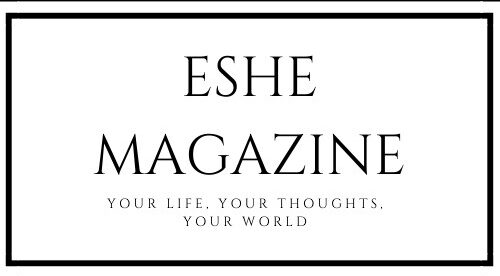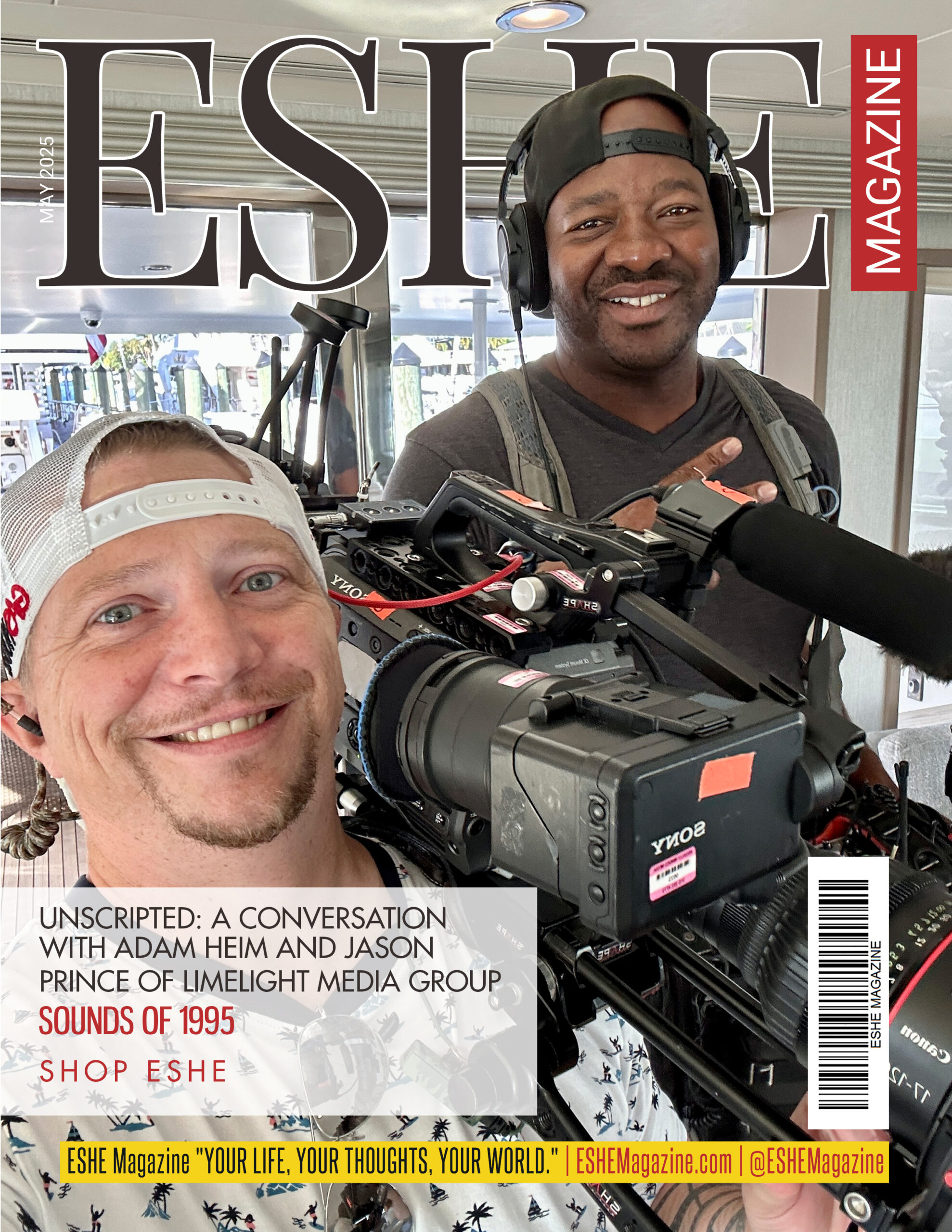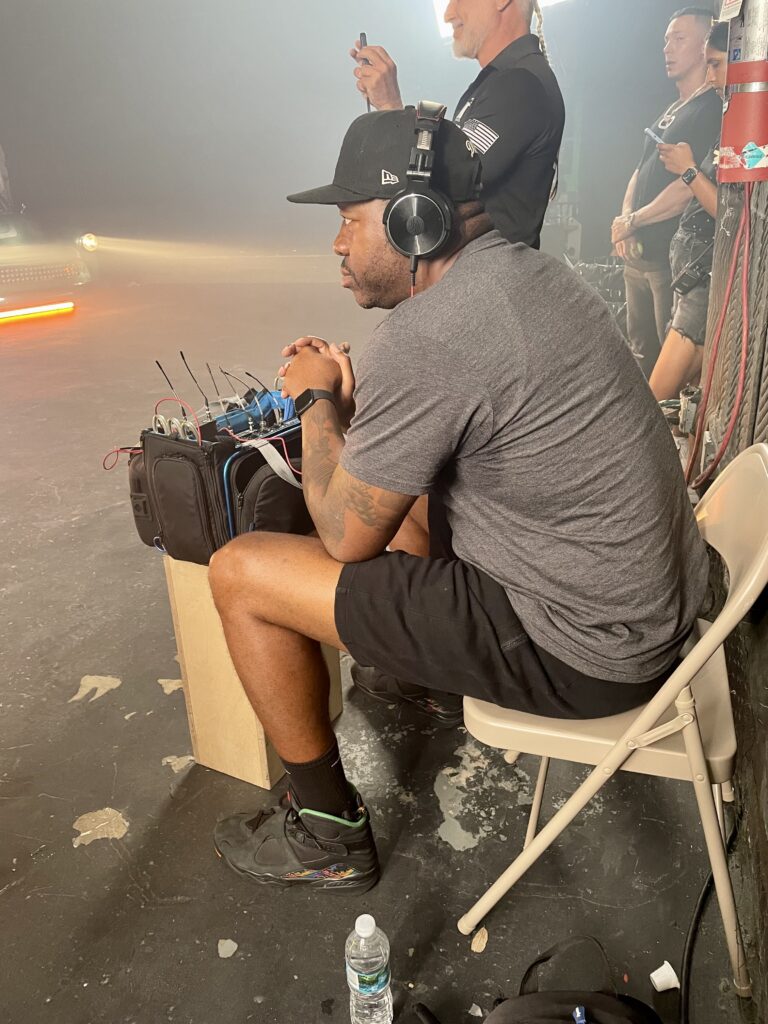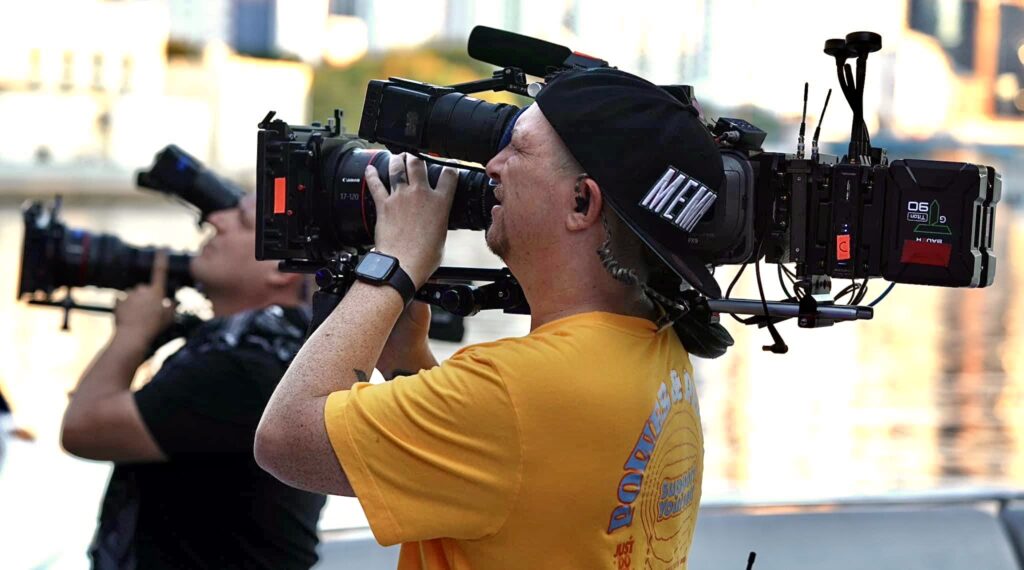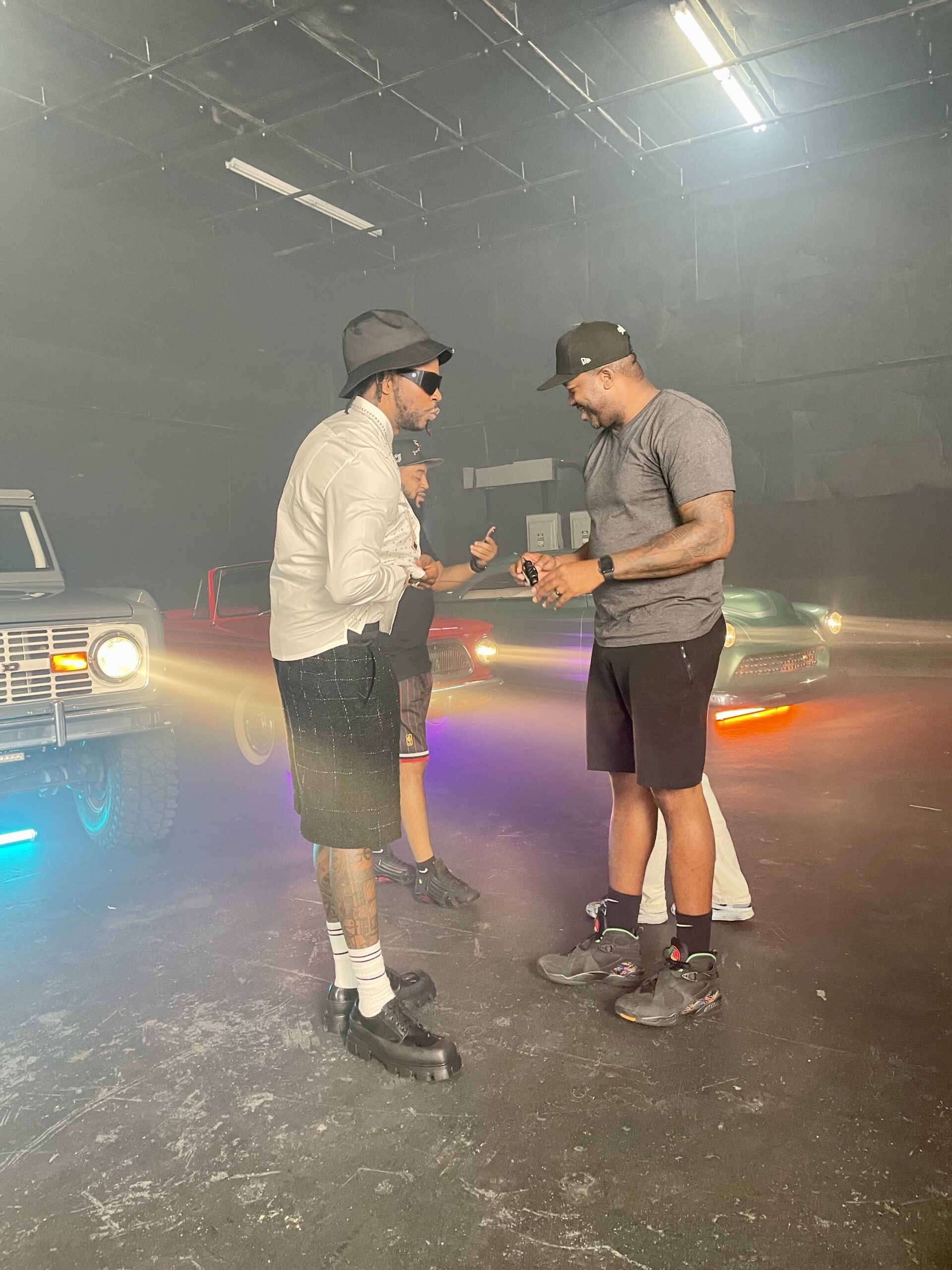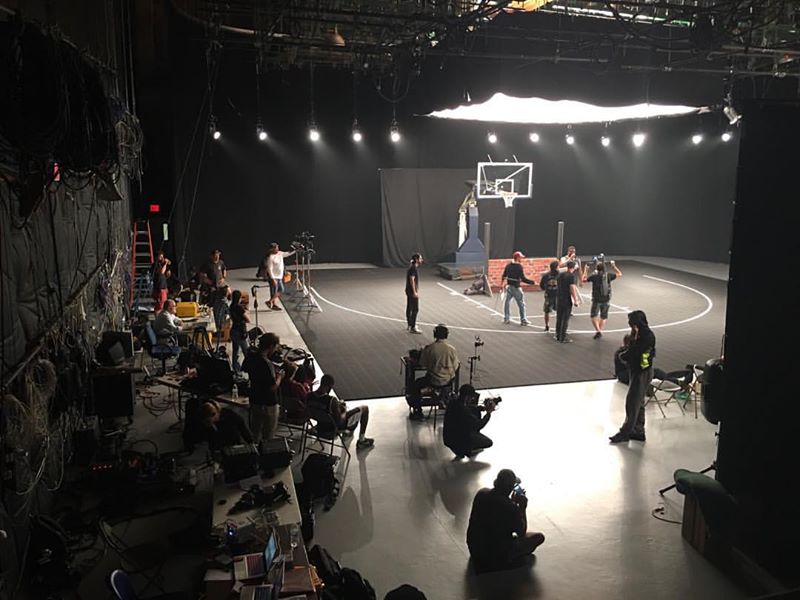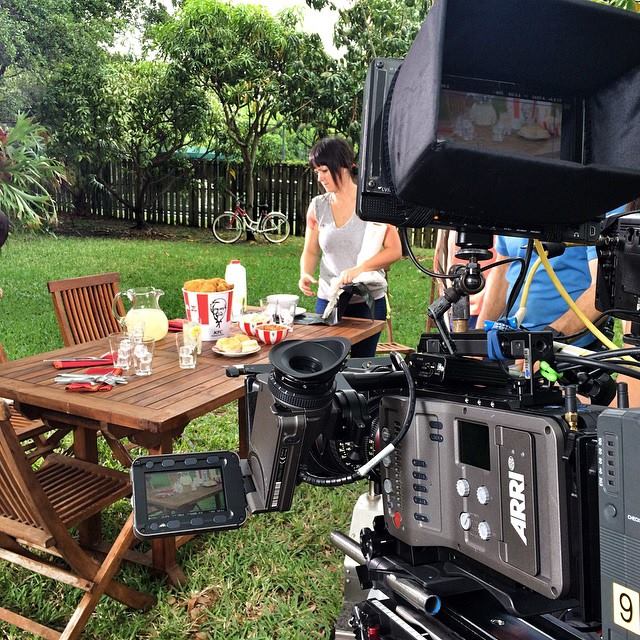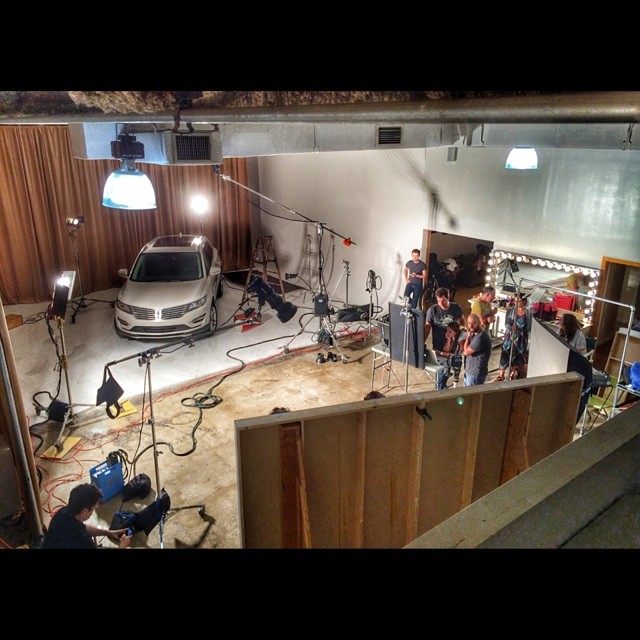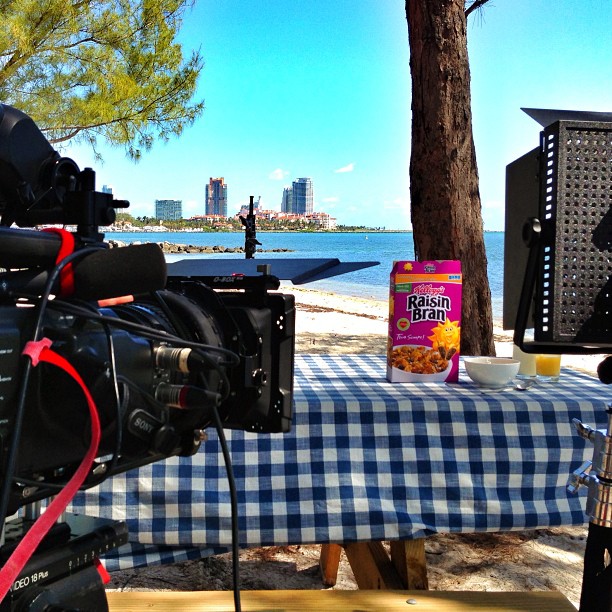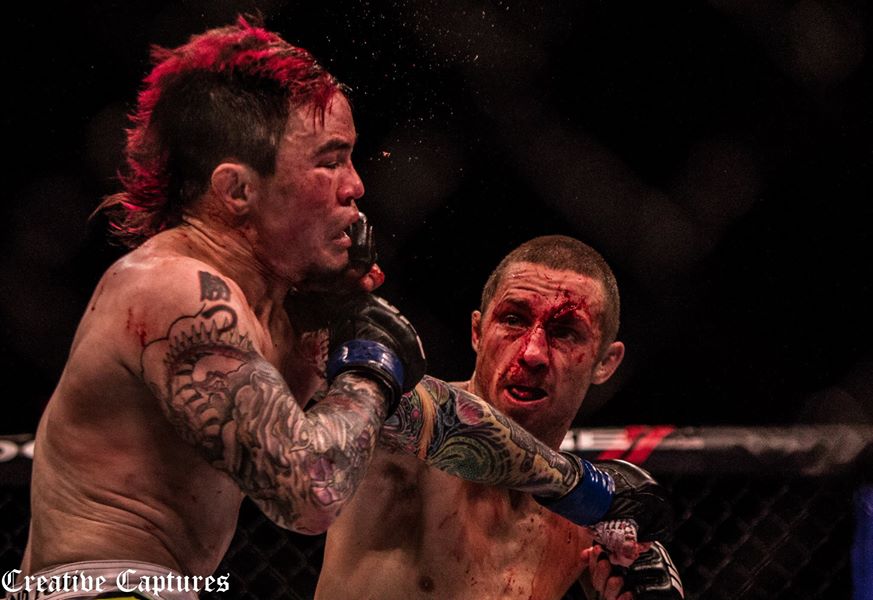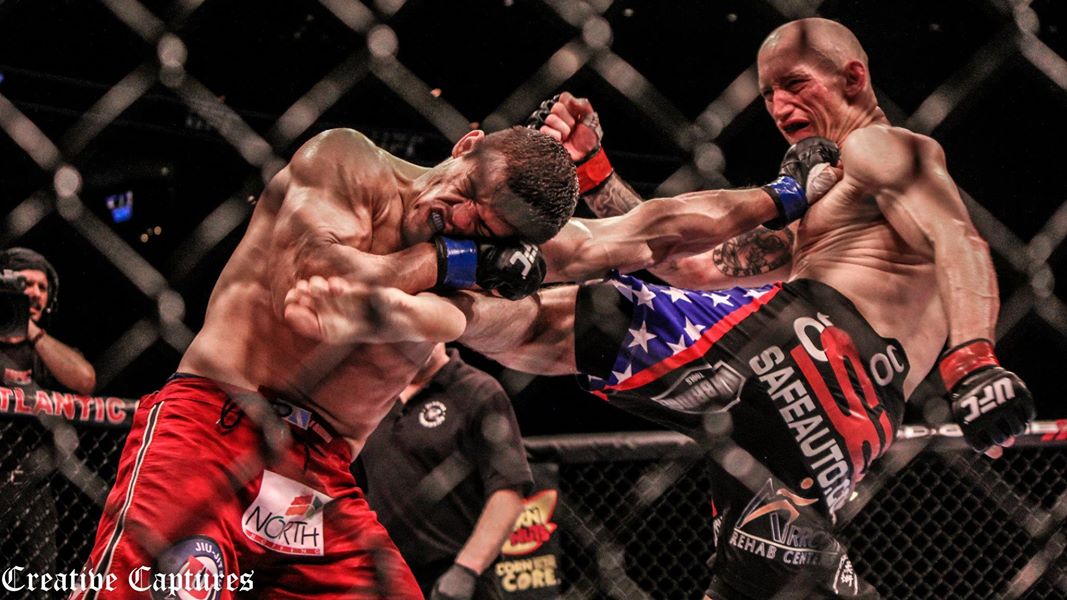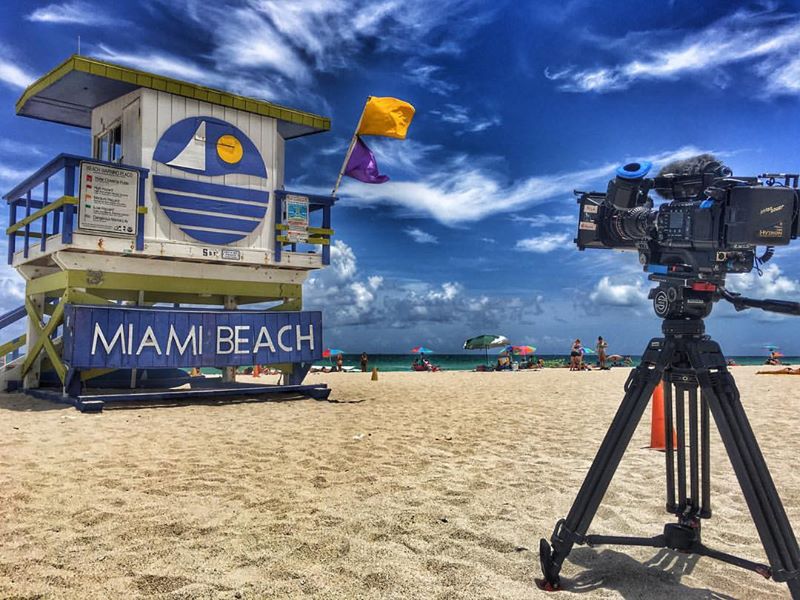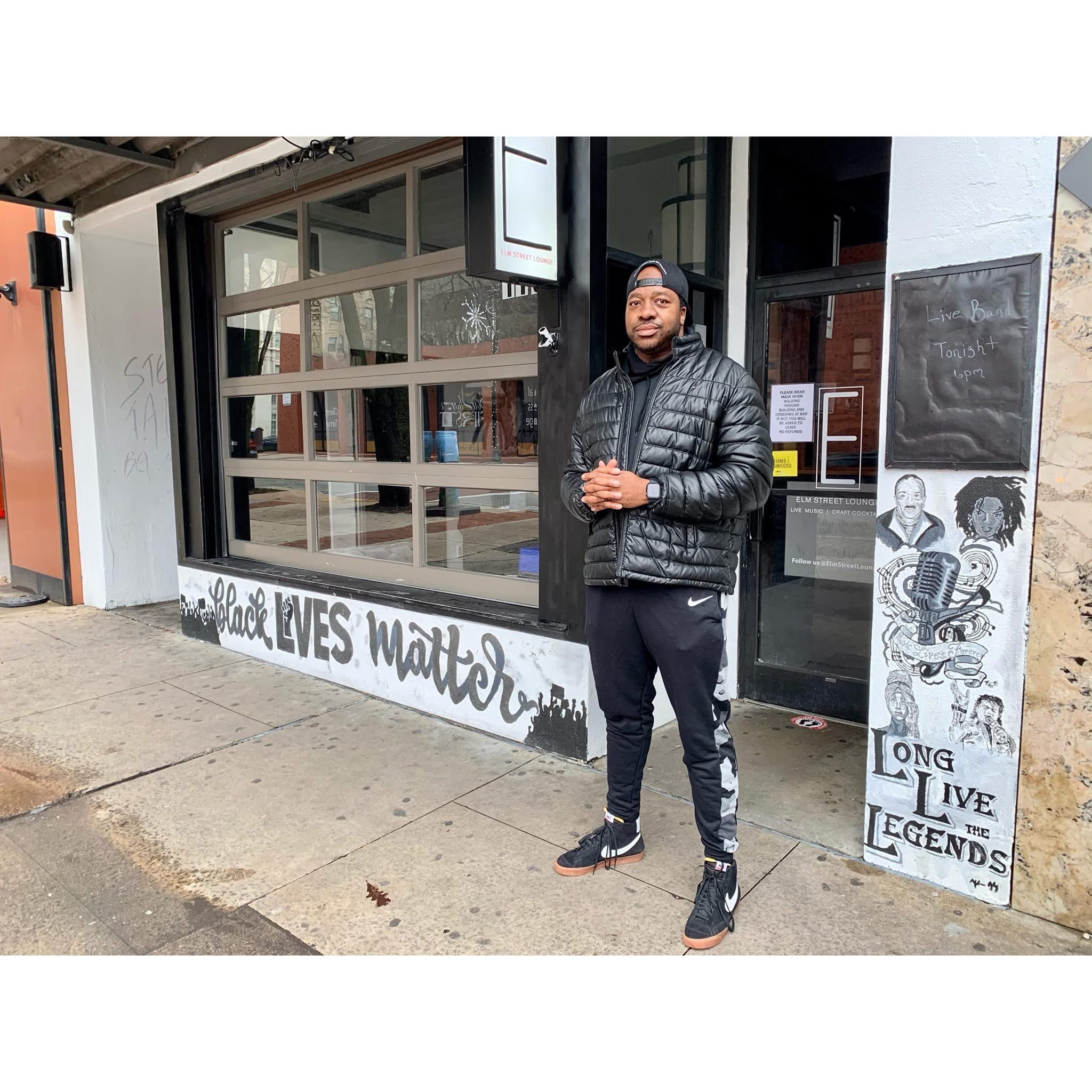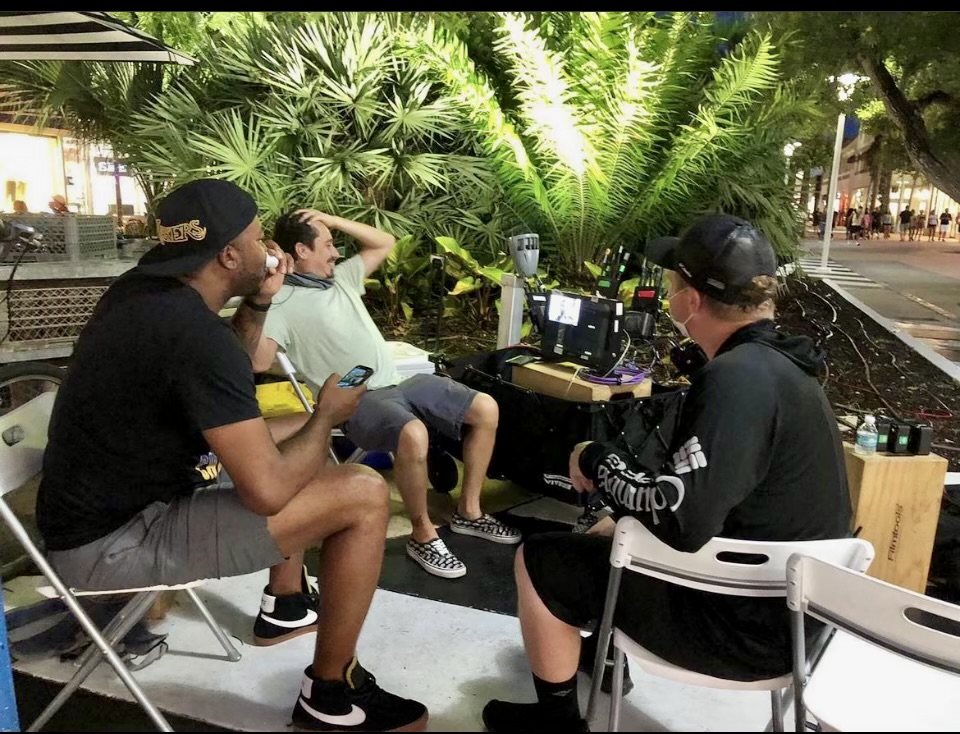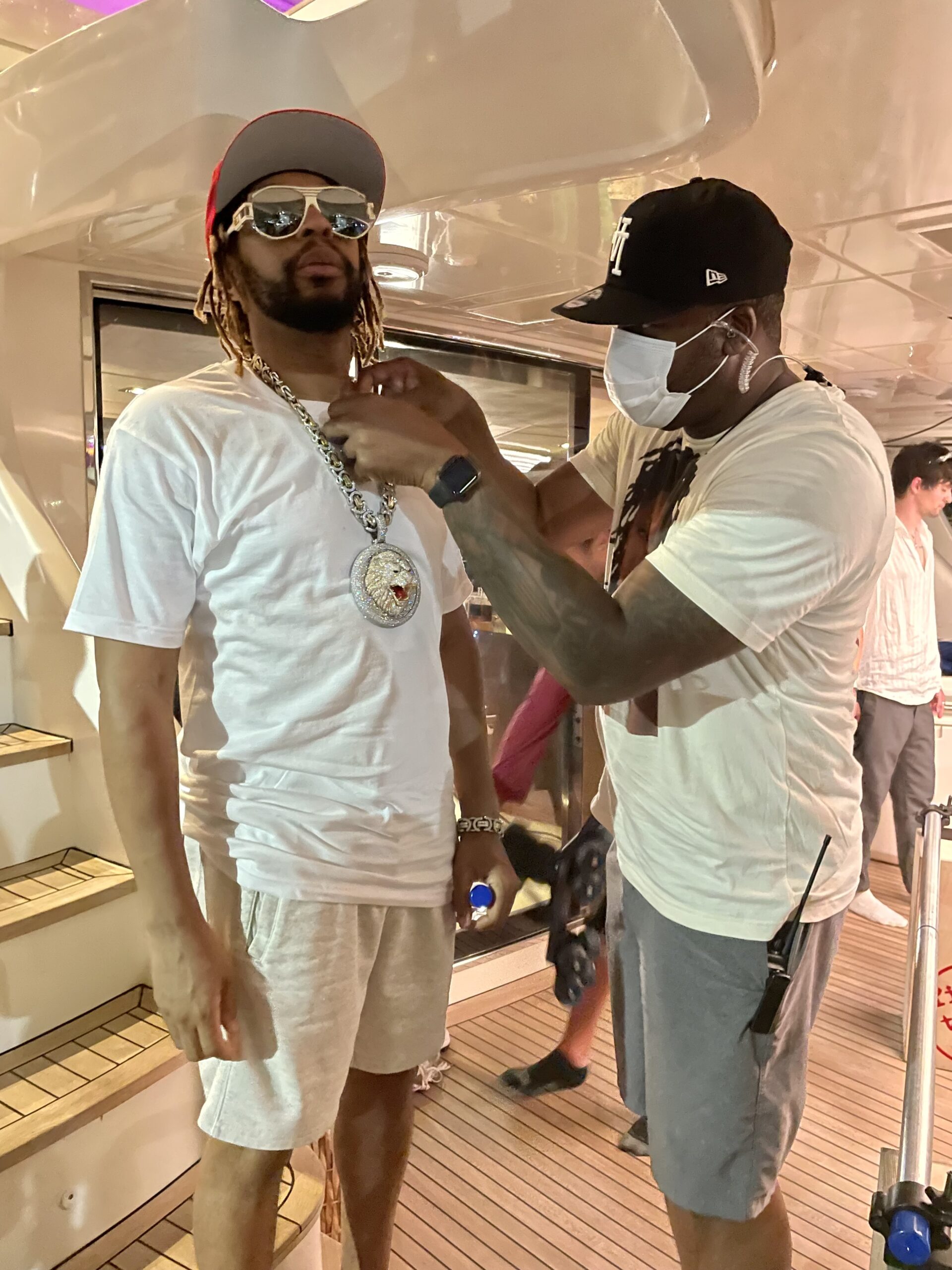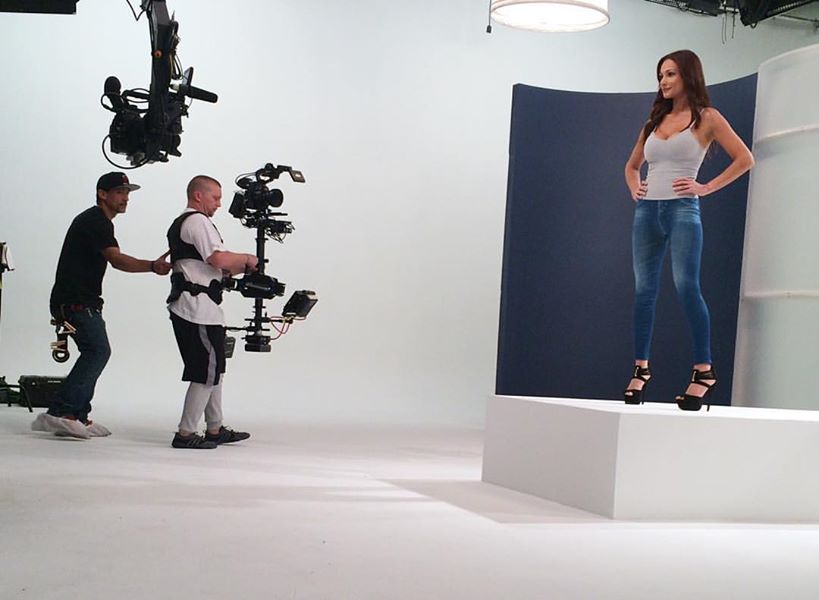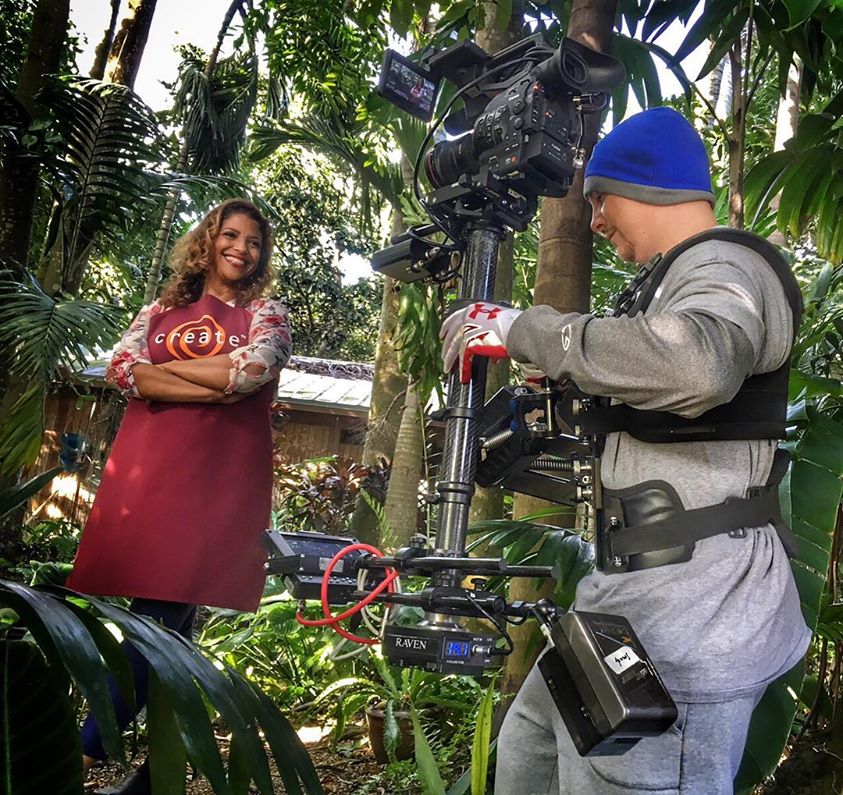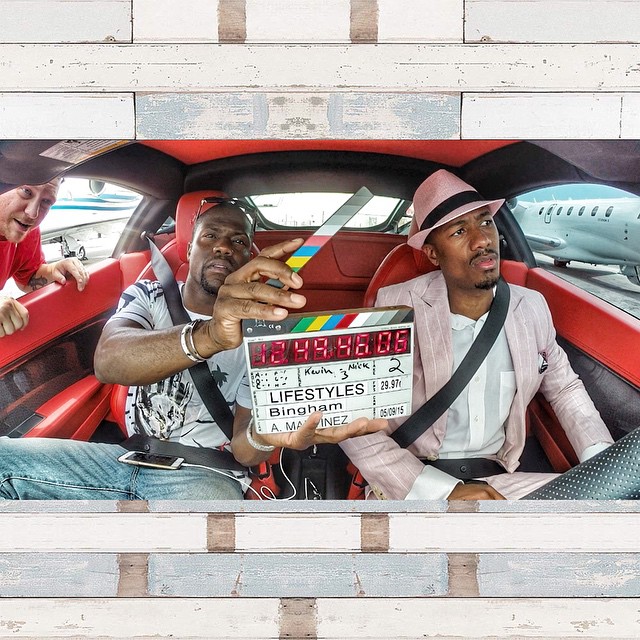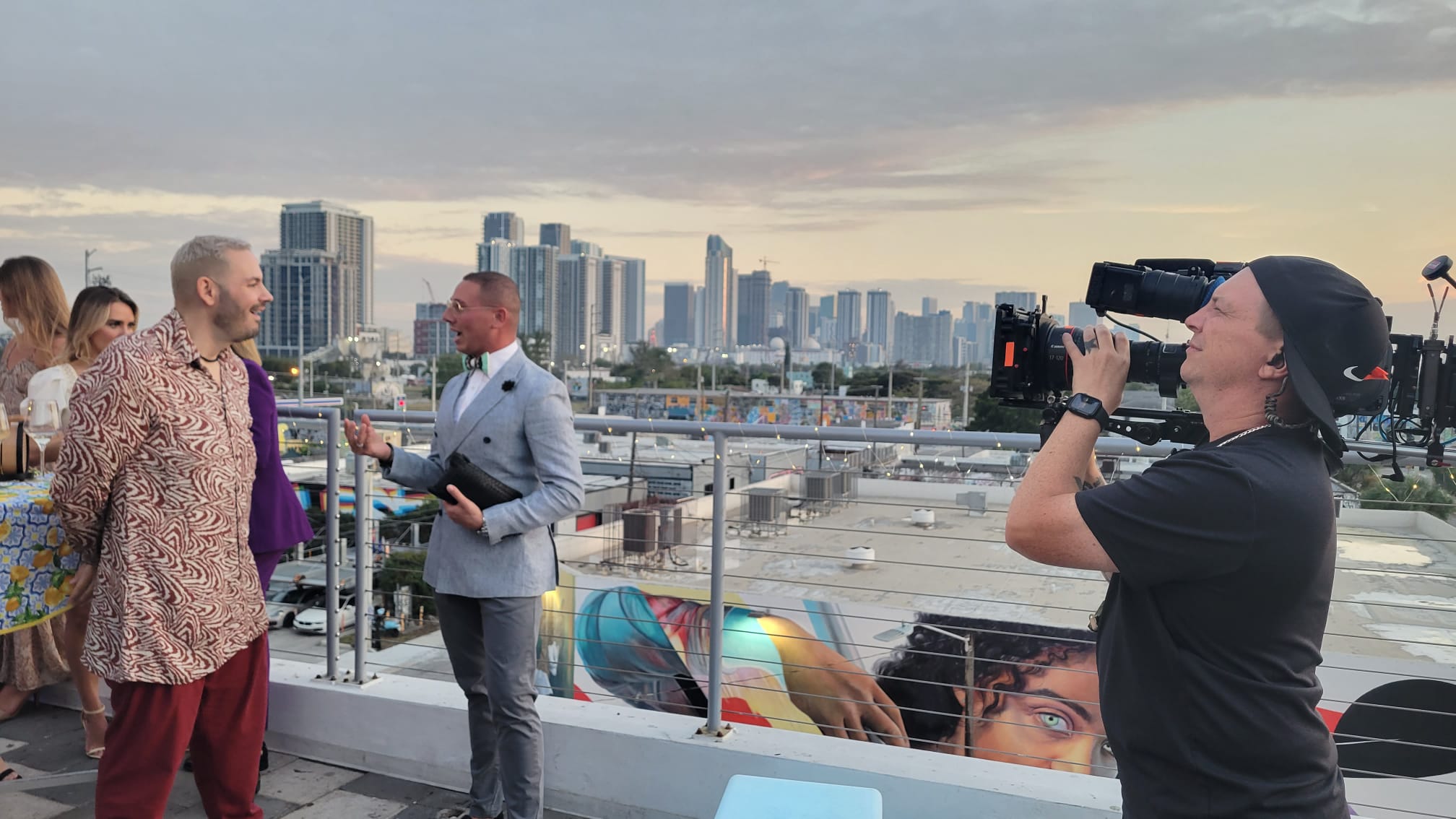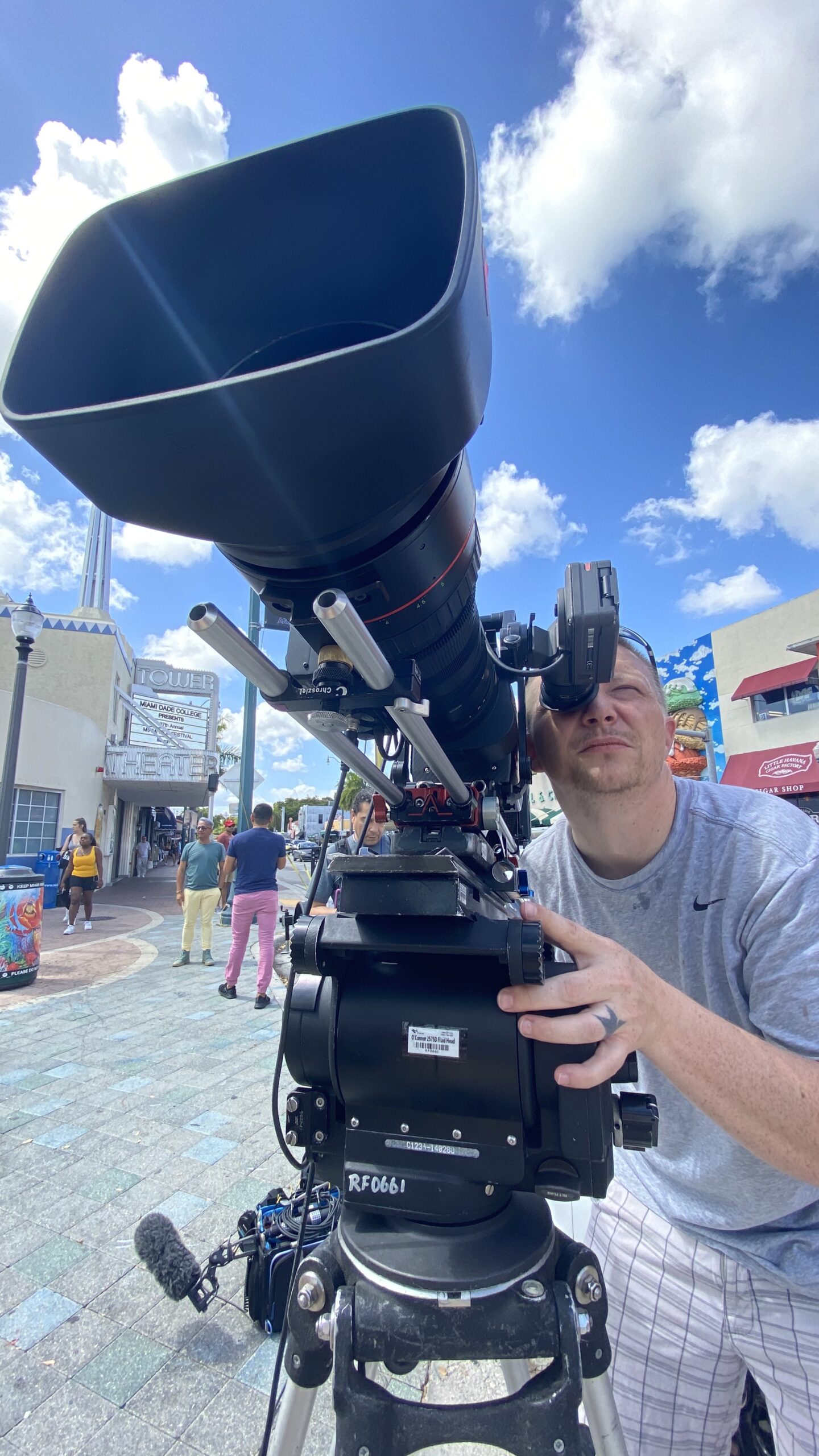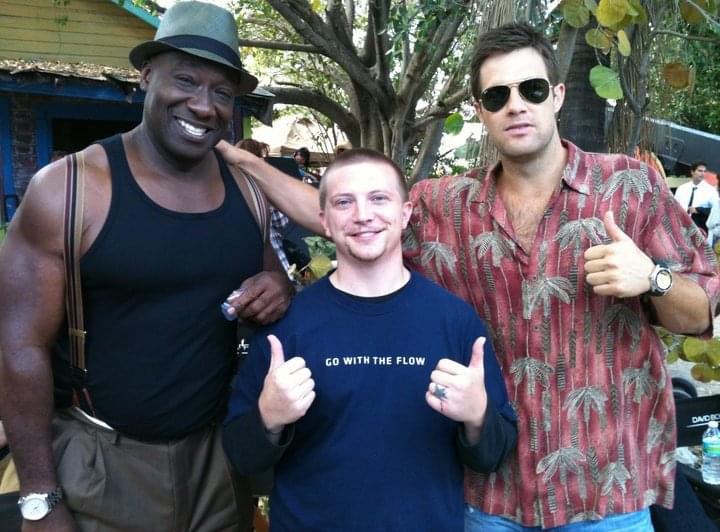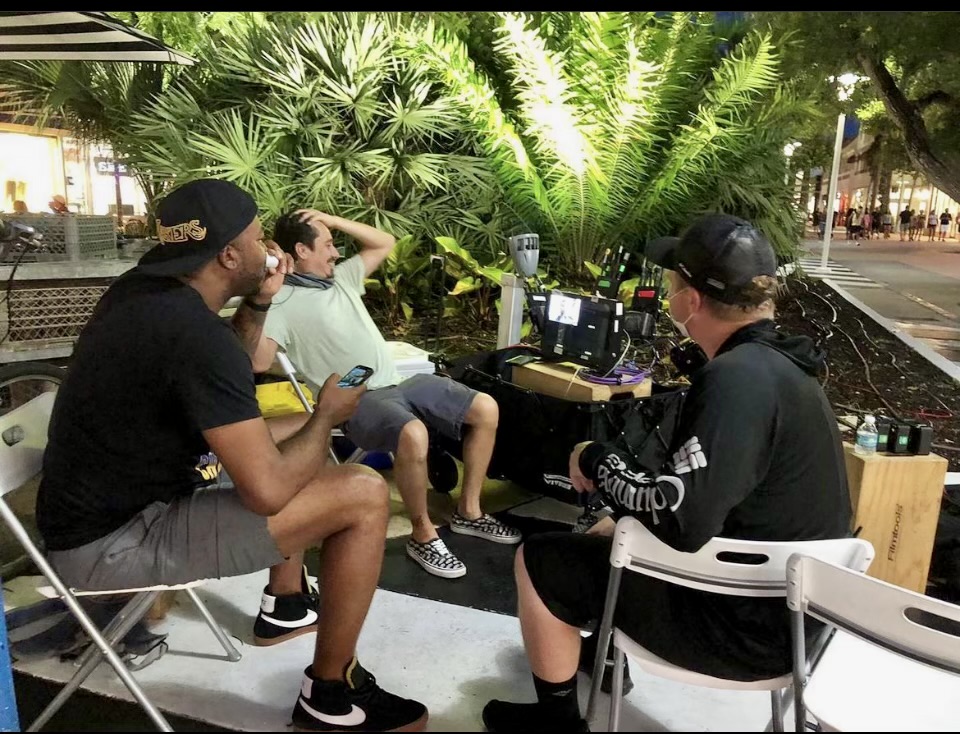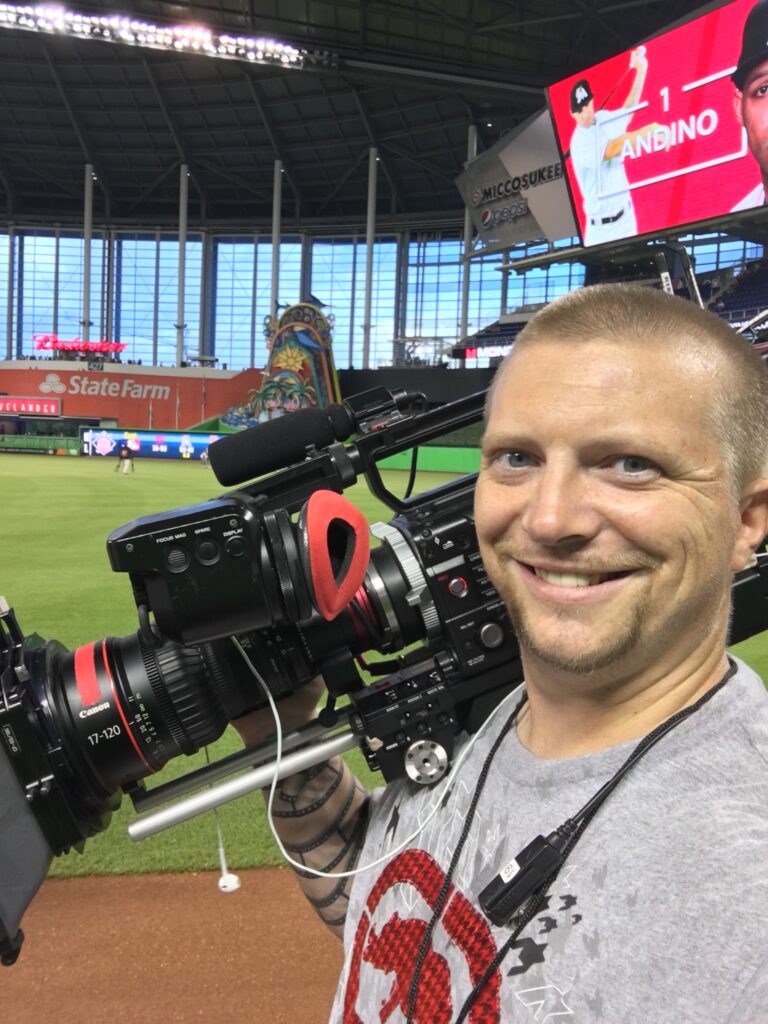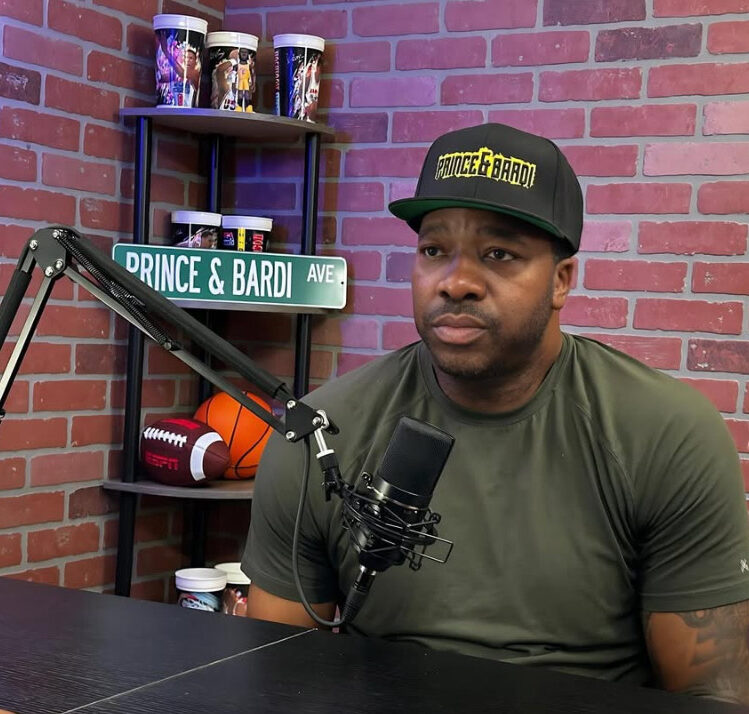By David Jordan Jr
The art of storytelling encompasses the essential elements of life. Interpretation, reality, imagination and connection are all characteristics that embody life and the stories that take place in the daily lives of humans across the globe. Television shows, movies, commercials and social media are all outlets that enables story tellers in the world to share their perspective and touch the hears and minds of various audiences. Adam Heim and Jason Prince have been empowered by their passion for story telling and and imagery to create content that has impacted the worlds of entertainment, live television, reality television and sports. As producers Adam (director) and Jason (audio) founded their company, Limelight Media Group to tell the stories of the various sectors of the world. Their work can be seen on many networks and streaming platforms across the world, as their expertise has created the demand for their unique way of telling stories. Recently Adam and Jason talked to ESHE about their passion as producers and their company Limelight Media Group.
David Jordan Jr: How were both of you able to turn your passions and visions into what has become Limelight Media Group?
Adam Heim: After years of working side by side in television, crafting concepts, shaping stories, and navigating the unpredictable waters of reality and docu-series television, it wasn’t until just before landing several co-production deals with major industry players that we knew: it was time. Time to stop creating under someone else’s banner and finally build a company of our own. A place where our creative voice could thrive, evolve, and scale.
Jason Prince: We were never content with just doing the job we always had a hunger for more. Once we started meeting the people behind some of our favorite shows, we realized they were just regular people like us. That flipped a switch. We thought, why not us? From day one, we’ve always seen ourselves as storytellers, not just the “audio guy” or the “camera guy.” That mindset is what sparked the vision for Limelight Media Group.
David Jordan Jr: As producers in the television, film and digital media industry, what do you feel is the essential element of a script or treatment necessary to convey the story to the audience?
Adam Heim: In the world of unscripted television, traditional scripts are few and far between. What we rely on instead is the treatment… the blueprint. It’s the most detailed expression of your show’s DNA and how you plan to bring it to life. That treatment usually comes after a network or production company bites on your sizzle reel—a fast-paced, two to four minute proof of concept. Think of it like a movie trailer: a peek at the show’s tone, structure, and personality. But here’s the hard truth we’ve learned over the years: in today’s TV landscape, concepts alone aren’t enough. Unless you’ve uncovered something wildly unique-say, people with extreme jobs or lives, what moves the needle now is star power. The talent you attach and the audience they bring with them in 2025 can make or break a pitch.
Jason Prince: It has to feel real and organic. We’re not interested in creating content that feels cheesy or manufactured. It doesn’t move us if it doesn’t deliver a message or spark some kind of awareness. There may be no such thing as a completely new idea, but it’s our job to tell stories in the most innovative and impactful way possible.
David Jordan Jr: How is the audio production aspect of filmmaking able to make the film an experience for the viewer?
Jason Prince: You know the famous line “Without audio, it’s just B-roll.” It’s funny, but it’s true. Audio is what brings a film to life. It tells the story in ways visuals alone can’t. Sometimes it’s the silence in a horror scene, the tension in a character’s breath during a thriller, or the perfect music score that hits at just the right moment. Sound shapes the emotional experience, it’s what makes a film feel real.
David Jordan Jr: As you create treatments and scripts for projects, what role does real life experiences from yourself and from others play in your developmental process?
Adam Heim: One of our competition series concepts is currently being pitched to all the major networks by a prestigious production company we partnered with. During development, Jason and I spent a lot of time crafting the challenges, really stepping back to make sure each one was fun, competitive, and stayed true to the heart of the show’s theme. I pulled from my own background, especially my time in Memphis and the influence of blues culture, to shape the creative direction. I’ve always believed that personal experience is one of the richest sources of storytelling, and I try to bring that to everything I write.
David Jordan Jr: During your educational journey, the techniques and processes that you both learned in editing and production was of a time that was very timing consuming with having to do a lot of work physically with film, sound decks and reels. Now that the production process has essentially become digital in every aspect, how do you feel digital media has impacted the world for producers and for viewers?
Adam Heim: When we first broke into the industry, it was the twilight of analog and the dawn of digital. As Xennials, we were that in-between generation raised on VHS but launched careers in the age of digital cameras. That duality made us flexible, and we had to be. The shift from 4:3 to 16:9 screens was only the beginning. Now, we’re creating content in vertical 9:16 formats for mobile-first audiences. It’s been a seismic shift, and embracing tech evolution is no longer optional… it’s survival.
Jason Prince: We’re all for evolution and technological growth. Of course, we don’t believe technology should replace skilled professionals who’ve spent years honing their craft, but embracing new tools is essential if you want to stay relevant. For us, being hybrids having both the academic foundation and the ability to adapt to today’s digital advancements gives us an edge. It’s dramatically improved our workflow and efficiency. The reality is, we’re in an “adapt or die” era in media and entertainment. But for guys like us, that’s part of the fun. We thrive on the challenge of learning new, innovative ways to tell our stories.
David Jordan Jr: As story tellers, what do you find to be the most gratifying part of your career?
Adam Heim: Still, nothing compares to the moment when it all clicks. When the episodes we toiled over for months hit the screen, and the editors—our unseen heroes—absolutely nail the vision. It’s magic. That feeling never gets old.
Jason Prince: For us, it’s the process of taking a simple idea from a casual conversation, even, and building it into something others can see, hear, and connect with. There’s nothing like watching a concept grow into a fully developed show and then getting the chance to pitch it to TV executives. That journey, from spark to screen, is incredibly rewarding. It’s a beautiful process, and we’re grateful every time we get to be a part of it.
David Jordan Jr: What is the best piece of advice that you’ve received that has enabled you to attain success in your career?
Adam Heim: The best advice I’ve ever received. Stay sharp. There’s always someone ready to take your spot the second you let your guard down. And never bet it all on one thing, production work is cyclical, and the smart ones have multiple pots simmering at once.
Jason Prince: One piece of advice that’s always stayed with me is: “Hard work is easy work.” It really resonates because once you build consistency and discipline in your craft and stay focused on what truly matters, the rewards start to show. Eventually, it becomes second nature, and the work doesn’t even feel like work anymore. That’s when you know you’re aligned with your purpose.
